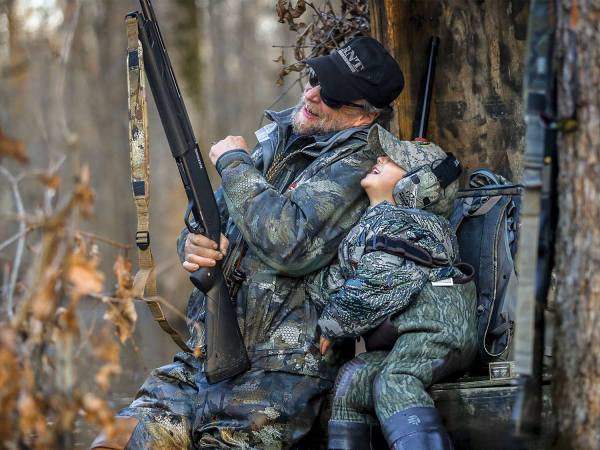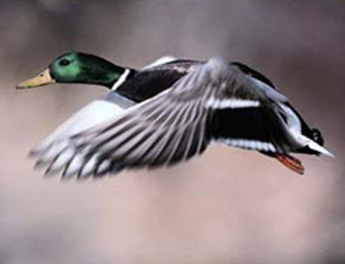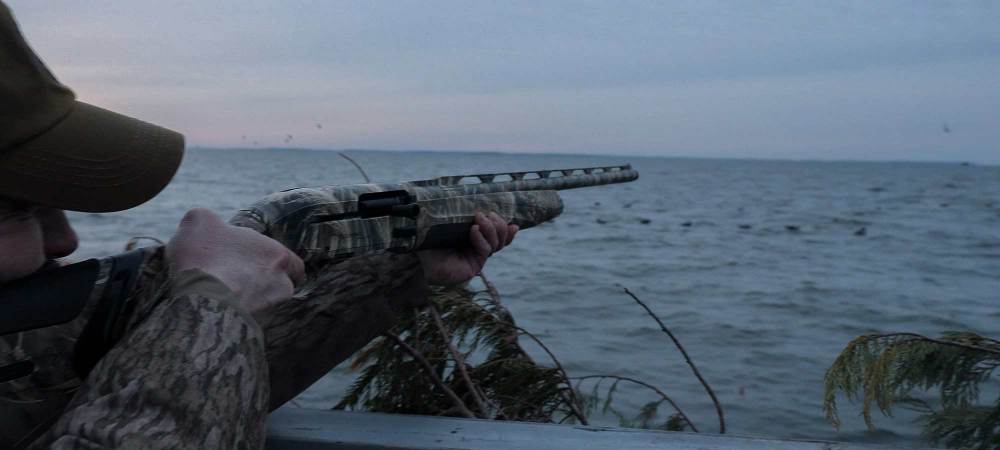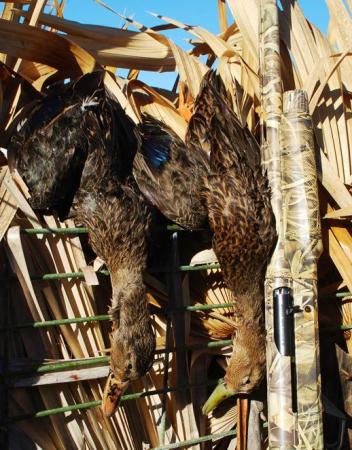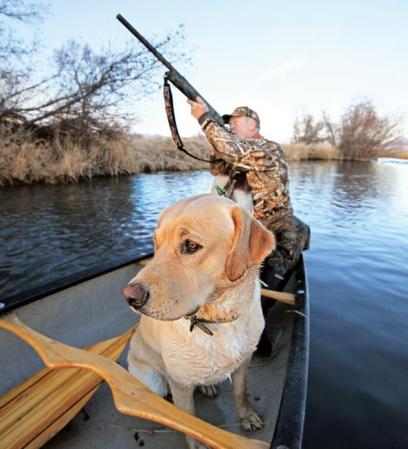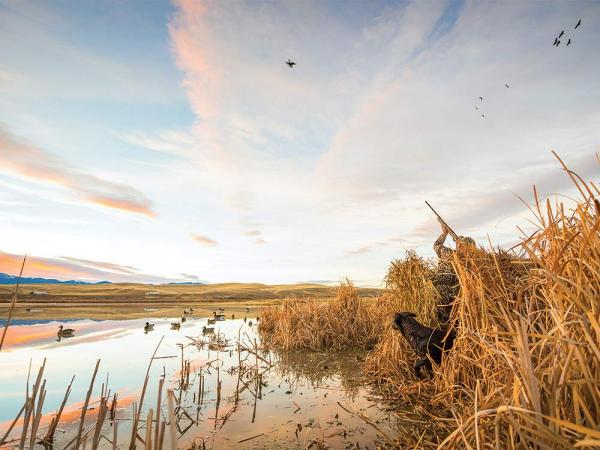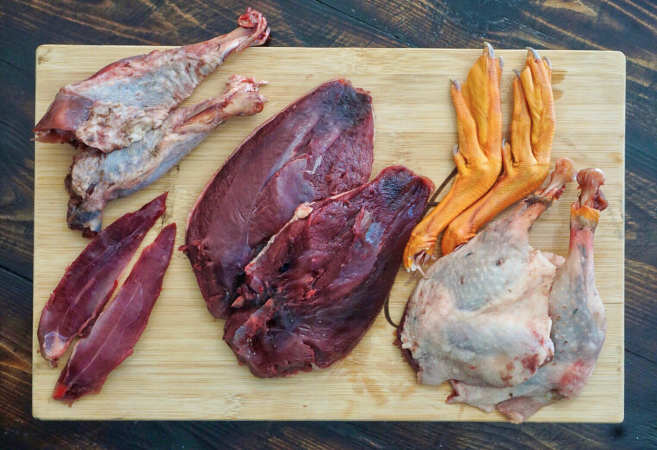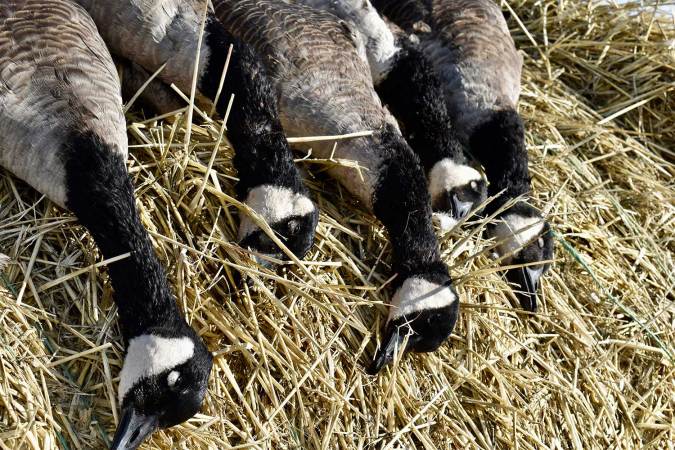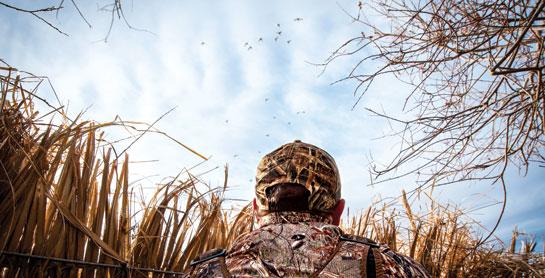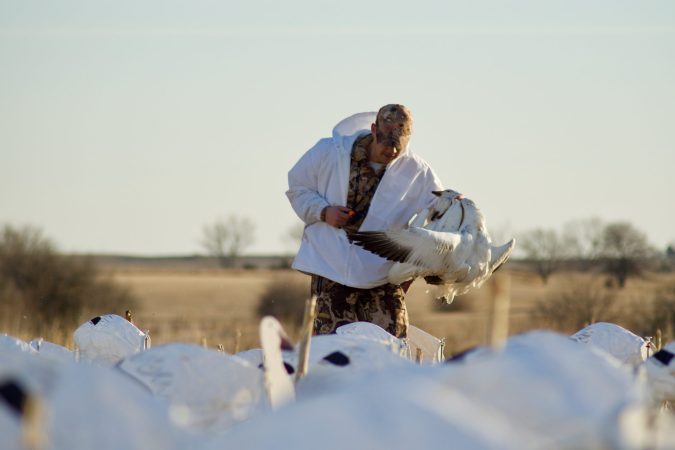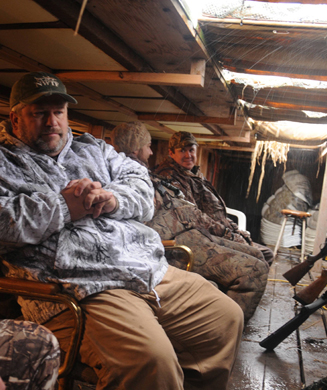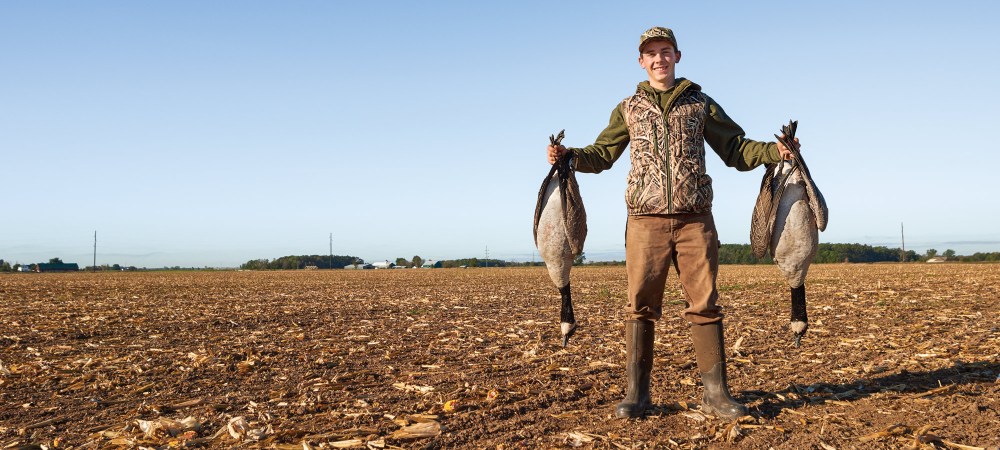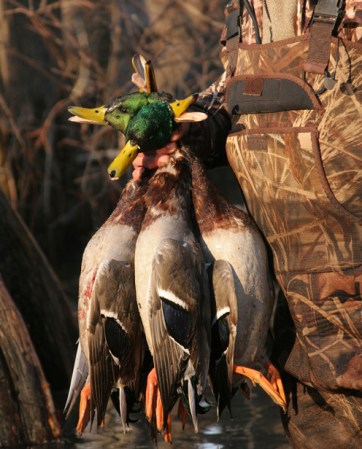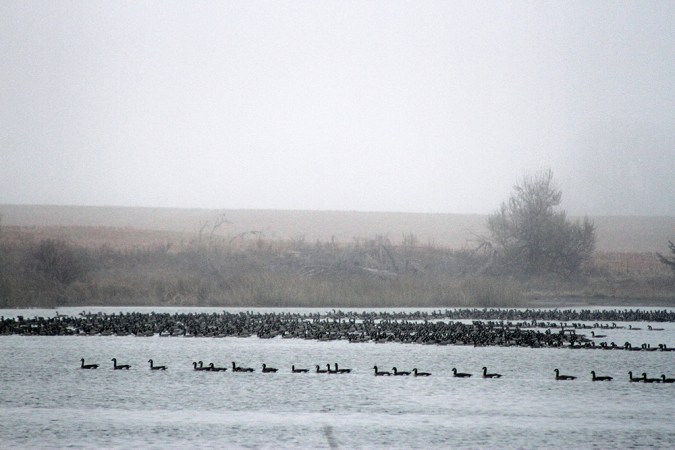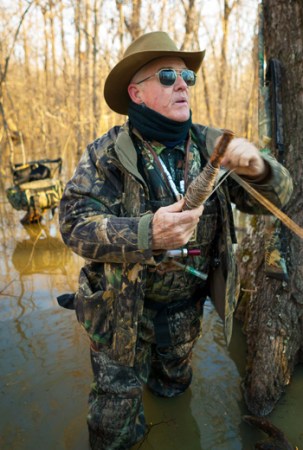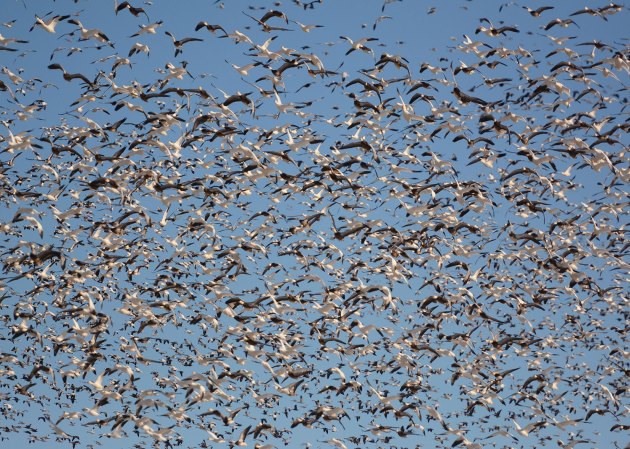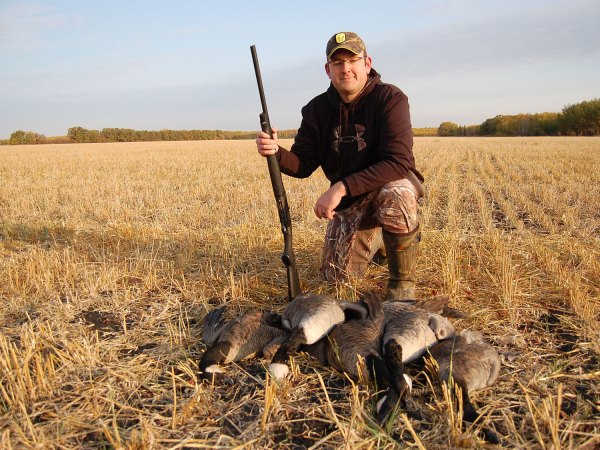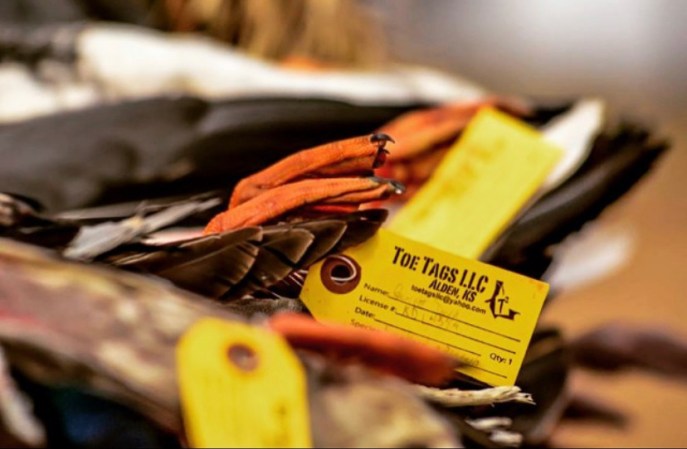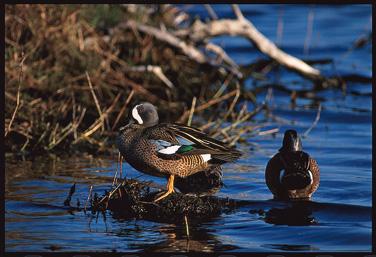When the news broke earlier this year that two duck hunters had been killed by a third duck hunter on Tennessee’s Reelfoot Lake, the first thought that occurred to many waterfowlers who heard about the tragedy was that it happened because the men were arguing over ducks. Duck hunters on forums and social media initially believed the murders took place because a hunter had shot swing ducks or sky-busted another hunter’s mallards, and it lead to a deadly confrontation.
It turned out that this tragedy had little to do with duck hunting at all. According to the lone survivor, the man who killed Zack Grooms and Chance Black didn’t appear to be in his right mind.
But rumors spread anyway. The fact that so many duck hunters made this assumption only re-emphasized the notion that the waterfowl hunting community has a problem.
At our worst, duck hunters are territorial; we think all the greenheads belong to us; and we’d rather form bitter rivalries against our fellow hunters than work with them to make everyone’s hunting better.
But why do we act this way? If you’re not a duck hunter, you probably don’t understand why we can be such jerks to one another. If you are a duck hunter, you can help be part of the solution.
Media Has Made Duck Hunting Look Too Easy
Before I assign the blame to anyone else, I’ll say that outdoor writers, filmmakers, and waterfowl brands are all complicit in making good duck hunting seem far too easy. I’ve written dozens of stories that highlighted my greatest days of waterfowling—not the countless mornings spent sitting in a blind looking at empty skies and eating stale deer jerky.
If you’ve ever watched outdoor TV, then you know that all it does is showcase duck hunters killing flock after flock of ducks. And every waterfowl advertisement you’ve ever seen—whether in print or on television—shows some bearded stud walking out of the marsh with a strap full of greenheads slung over his shoulder.
That’s mostly bullshit. Any seasoned duck hunter knows the bad and slow days outweigh the best ones. But if all the general duck hunting public sees is success, that becomes the expectation. And waterfowlers who don’t experience that success with any regularity can get pissed off.
Social media has put added pressure on folks to kill ducks, too. In reality, those photos and videos you scroll through are just the few good days someone has each season. Or, if you follow a hunting celebrity or outfitter, and see that person killing limits day-in and day-out, that can make you feel like you’re doing something wrong when the same experience doesn’t happen for you.
If someone is genuinely posting about killing ducks with regularity on social media, it’s because they are either working their ass off to find birds or they have the cash to access the best ground. The former should be celebrated by other duck hunters, but isn’t. They just see a pile of ducks and get jealous. The latter, I can understand being ticked off about. (I’ll cover how big money plays into duck hunters being assholes later.)
“It’s almost like it’s a rat race every fall to see who can put the most pictures up of dead ducks on social media,” said Richard Foley, a private-land waterfowl manager in Texas. “Duck hunting is supposed to be relaxing. A time to have fun. I don’t see how you can do that when you’re putting pressure on yourself to kill more birds than everyone else and get it up on Instagram as fast as you can…I used to be one of those people. My buddies and I got on birds just about every day of the season and posted our limits. But did it make me a better waterfowl manager? No. Did it make me a better duck hunter? No.”
Public Land Is Really Competitive
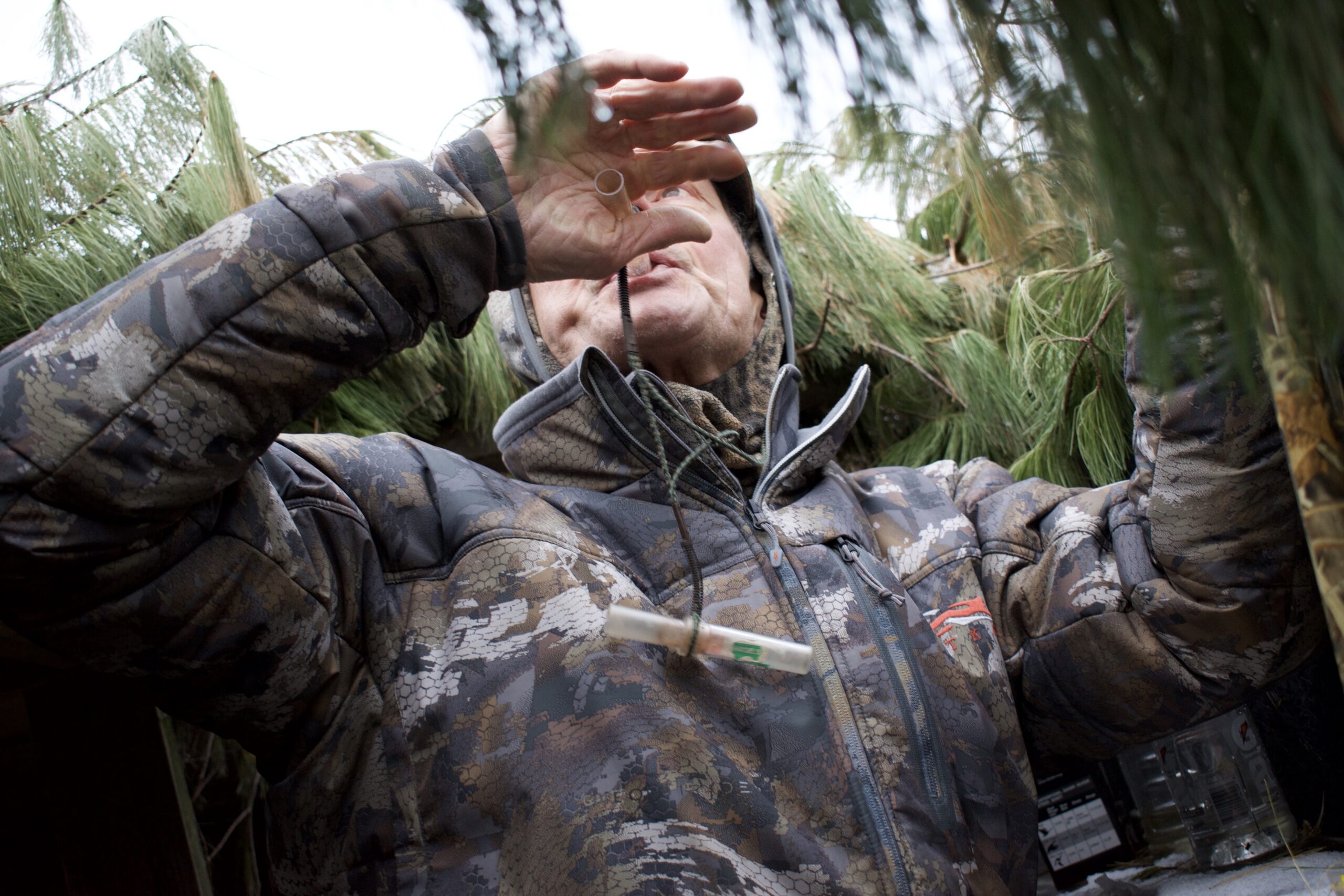
There are plenty of public-land hunting areas devoid of hunters, which makes shooting ducks fairly easy at times. But there are many more places that see heavy hunting pressure to the point of being overcrowded.
That means the competition gets ramped up, and it puts duck hunters on edge. For instance, if you hunt Bayou Meto in Arkansas, just getting your boat in the water is stressful. If you don’t get the boat off the trailer in a timely manner, you’re going to get cussed out by the dozens of hunters behind you in line at the ramp. Then, you have to race all those folks to the best holes in the dark while trying to dodge stumps and oak trees. The chaos lends itself to bad behavior.
“It’s a limited availability of a resource, and that makes people competitive,” says Jonathan Wilkins, who hunts Arkansas public land and is the owner of Black Duck Revival, a private-land hunting outfit. “It doesn’t bring the best, or most empathetic, behavior out of somebody.”
Since the resource is so finite in many public-land marshes, that results in more folks fighting over the best spots. Duck hunting isn’t like deer hunting, where if you see a truck parked at the gate you just drive down the road until you find an empty parking lot. In duck hunting, many of us are all hunting the same marsh. We are all hunting on top of one another in a super-condensed area, and if you don’t get to your spot first, you might not even be able to hunt that day. When you have so much time, money, and energy invested—from days spent scouting to the money in your decoys, boats, and trailers—it can get frustrating to have your morning ruined by other hunters.
“People who don’t duck hunt, I don’t think they get it,” says Ben Potter a filmmaker and avid duck hunter. “We sleep in our trucks, we’re pounding coffee at 1:30 in the morning and then we are walking, riding a bike, or running a boat to get to a stake or prime spot every other duck hunter is going for. It’s insanely stressful, and then you throw in the fact you’re trying to beat other hunters…it can lead to confrontations. I have walked up to hunters in the marsh in the dark, and their first response is to ask me what the hell I think I am doing. I’m just asking them where they plan to hunt, so we can avoid ruining one another’s hunt. That puts them at ease, but their first inclination is to be ticked off at me.”
Money Dictates Access on Private Land
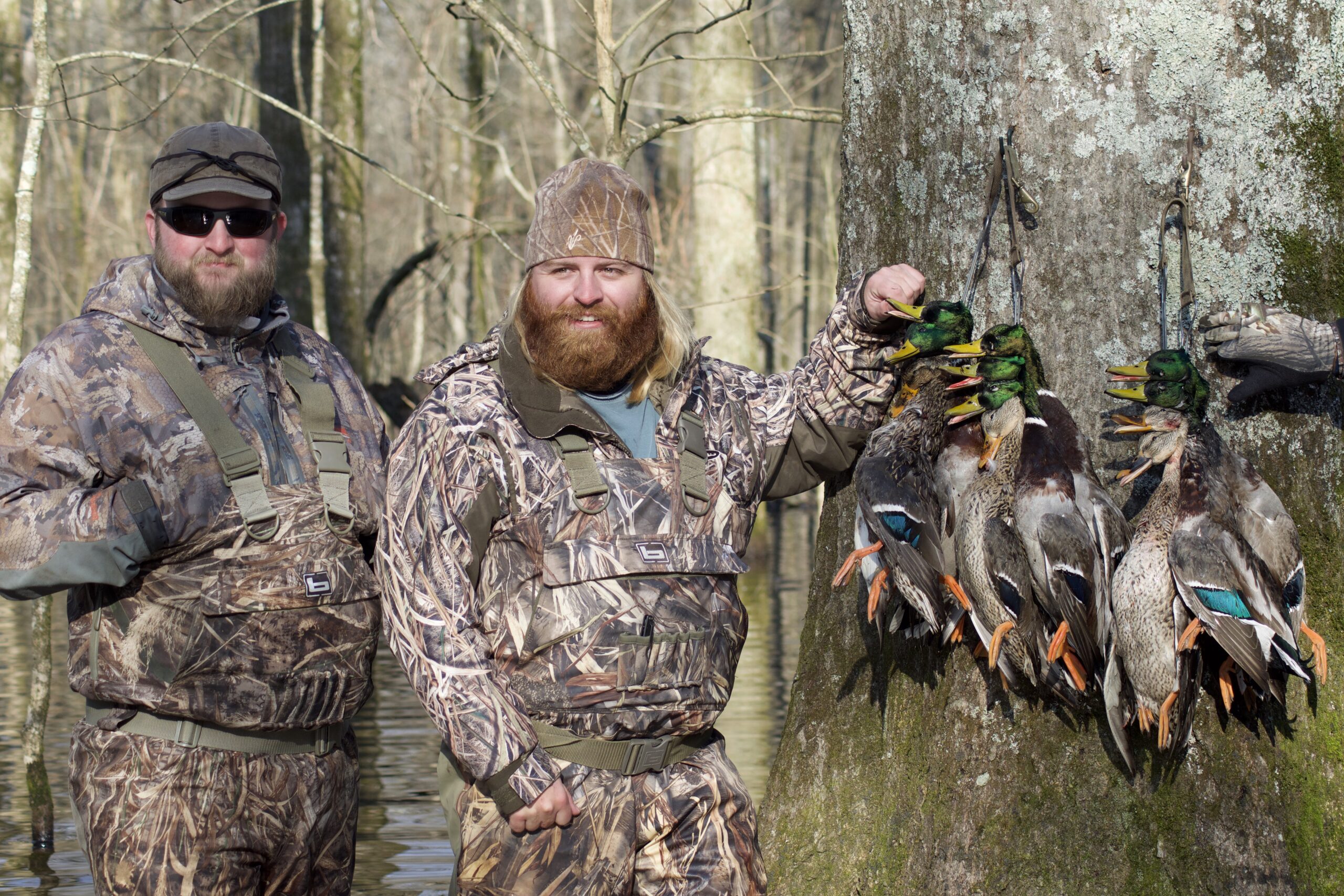
It’s no secret to duck hunters that waterfowling is increasingly becoming a private-land endeavor, mostly because managing for ducks is expensive and few states spend enough public dollars on waterfowl habitat to have a large-scale impact. The lack of access to quality duck hunting has been driving a wedge between wealthy hunters and your average hunter for a long time.
Here’s how it often goes down: An area has good duck hunting that only the locals know about, and all the hunters have handshake agreements with farmers to access their properties. Most of them enjoy great hunting, and there are plenty of ducks to go around.
Then the secret gets out, through word of mouth, social media, or a damn outdoor writer penning a story about how epic the duck hunting is. And then out-of-staters show up, offering farmers cash to hunt their fields. Big-money guys and outfitters swoop in and start leasing the fields at rates farmers can’t turn down, and the locals, who once enjoyed fantastic duck shoots all fall, end up fighting over the scraps.
“If you want to keep your duck hunting spot here, you have to fight for it,” says Kip Peck, a guide who grew up hunting, and still hunts, Oklahoma, one of the most difficult states to get access in the Central Flyway. “Luckily for us, we made friends with the guys that came in and leased up the ground we hunted for free as kids. We all help each other, but that’s not the case in most places.”
And like on public-land, private-land hunters are ultra-competitive, just in a different way. They spend a lot of money to create duck habitat to optimize their hunting. And if the neighbors are killing all the ducks come December, it’s naturally going to cause bruised egos and piss off the folks who aren’t shooting birds.
“It can lead to people shooting near fence lines, and border-line trespassing just to kill some ducks, even cutting levees,” Foley says. “What they should do is go to that neighbor and ask them what they are doing to attract those birds. Now, maybe your neighbor will tell you what he is doing and maybe he won’t. But in my experience, guys that know how to manage ducks are conservation-minded, and if they can help improve local habitat, they will. It’s just that most duck hunters aren’t willing to sit down with one another and have that conversation.”
Duck Hunting is Tribal by Nature
Duck hunters often hunt in tight-knit groups that are difficult to break into if you’re an outsider. They work together to find the best access to birds, and pool money and resources together. It’s a family. But when another group of duck hunters threatens their ability to hunt the places they have been accustomed to, it causes friction between those two groups.
For example, I had a group of friends that used to lease a large property together. For years, my brother and I had the place to ourselves, but the landowner wanted to make more money, so I brought a few buddies aboard. We had some really good duck shoots, but unfortunately for us the property is in a very pressured area, so there were dozens (maybe hundreds) of other hunters that heard our shooting, and knew we were doing well. And one of those groups came in and offered the landowner an amount of money we simply could not afford to match, so we lost access. We felt tied to that lease, and had so many great times there. Then, in an instant it was all taken away. Getting bought out by our competitors jaded all of us. We had no decent place to hunt near home, and still don’t.
It’s even more prevalent in the outfitting world. Guides are trying to make as much money as they can during the fall, and if that means elbowing another outfitter or freelance hunters out of an area, so be it. A couple friends that run a lodge in Kansas had this issue a few years ago. They grew up in the area and had handshake agreements with farmers for field access. My buddies started killing some serious numbers of ducks and geese. Word travels fast on the prairie, and fly-by-night guides started showing up with cash, paying landowners for access my friends once enjoyed for free. I won’t go into the details of what happened, but it did not end amicably.
Most duck hunters don’t want to see other duck hunters scouting “their” properties. It’s because we are all so tribal by nature. We stick to our own group of hunters and rarely deviate from that. In that respect, we are like Canada goose pairs, bonded for life, and surly as hell, hissing and honking when anyone else gets too close.
Duck Behavior Is Changing, But Duck Hunting Tactics Aren’t
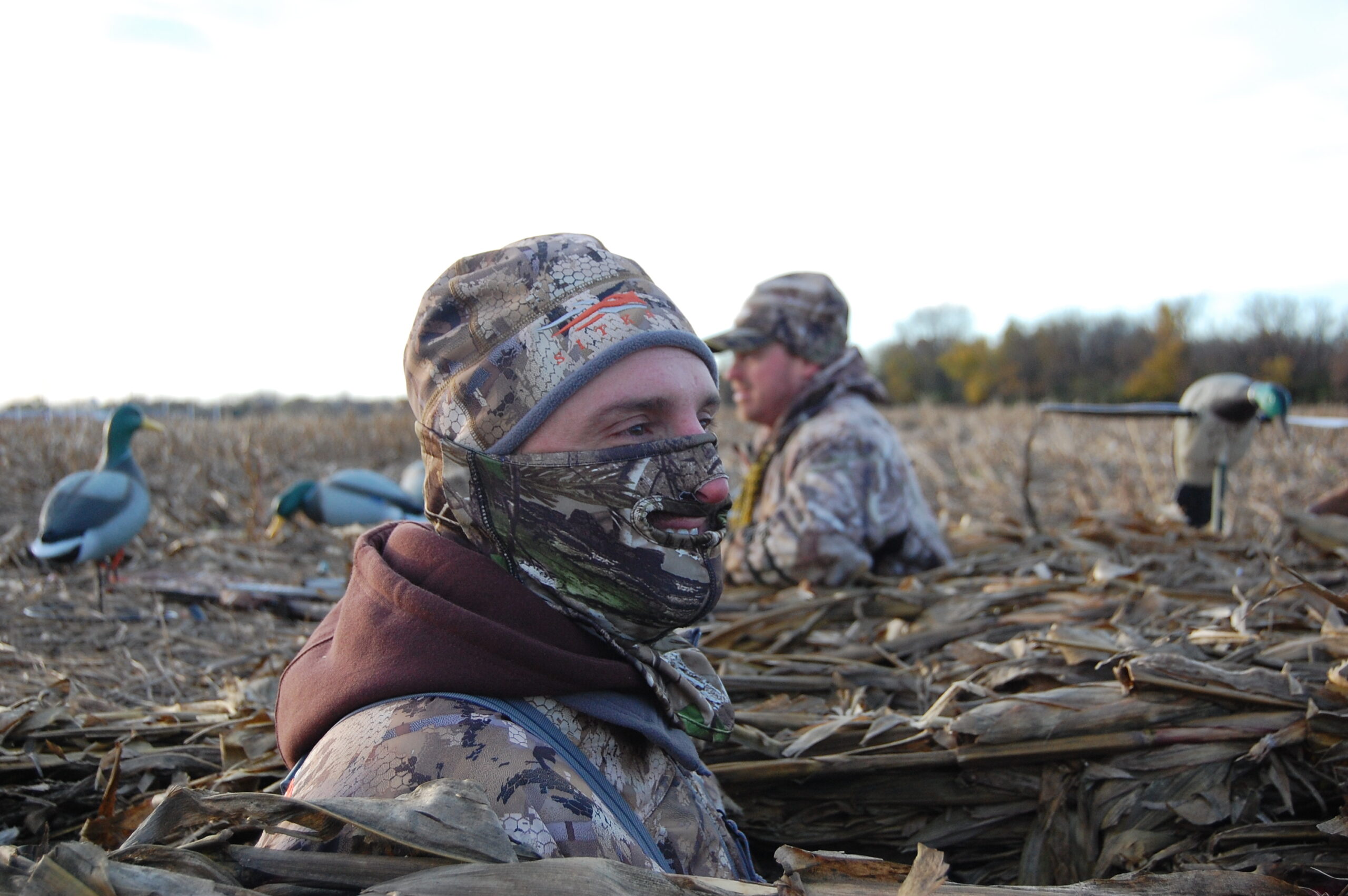
Duck hunters are dealing with migratory birds that travel thousands of miles and get hunted from September to the end of January each year. To survive, they learn to avoid the places where they get shot at the most.
For example, if waterfowlers hunt the same pond more than two days in a row, quality hunting is pretty much over until the next migration of new birds—they are that temperamental. On top of that, ducks don’t always want to be in the same place every day, and they also won’t allow themselves to be tricked into the same decoy spread each morning.
For a lot of hunters that’s frustrating, because they aren’t adapting to the changes in bird behavior. They still sit in the same blind 60 days a year and expect to kill birds every day. That’s a recipe for a dismal season, but duck hunting is so rooted in tradition that many hunters simply refuse to innovate. They could certainly kill more ducks if they changed their tactics, scouted more, or worked together with other hunters.
Slow seasons usually result in a good amount of bitterness. And that means that duck hunters are going to want to find someone to blame.
“Ducks are just way harder to kill these days,” Foley says. “Years ago, you had your blind, you hunted it every day with the expectation of killing birds and that’s not the case anymore. A lot of hunters, they just don’t know how to adapt and so they start playing the blame game. It’s the rich guy’s fault because he owns all the best land, it’s Ducks Unlimited’s fault, it’s all the hunters going to Canada and killing too many ducks…I’m sure you’ve heard them all. Well, you and I both know it’s their [own] damn fault. But hey, that’s a duck hunter for ya.”
So, How Can Duck Hunters Be Better to One Another?
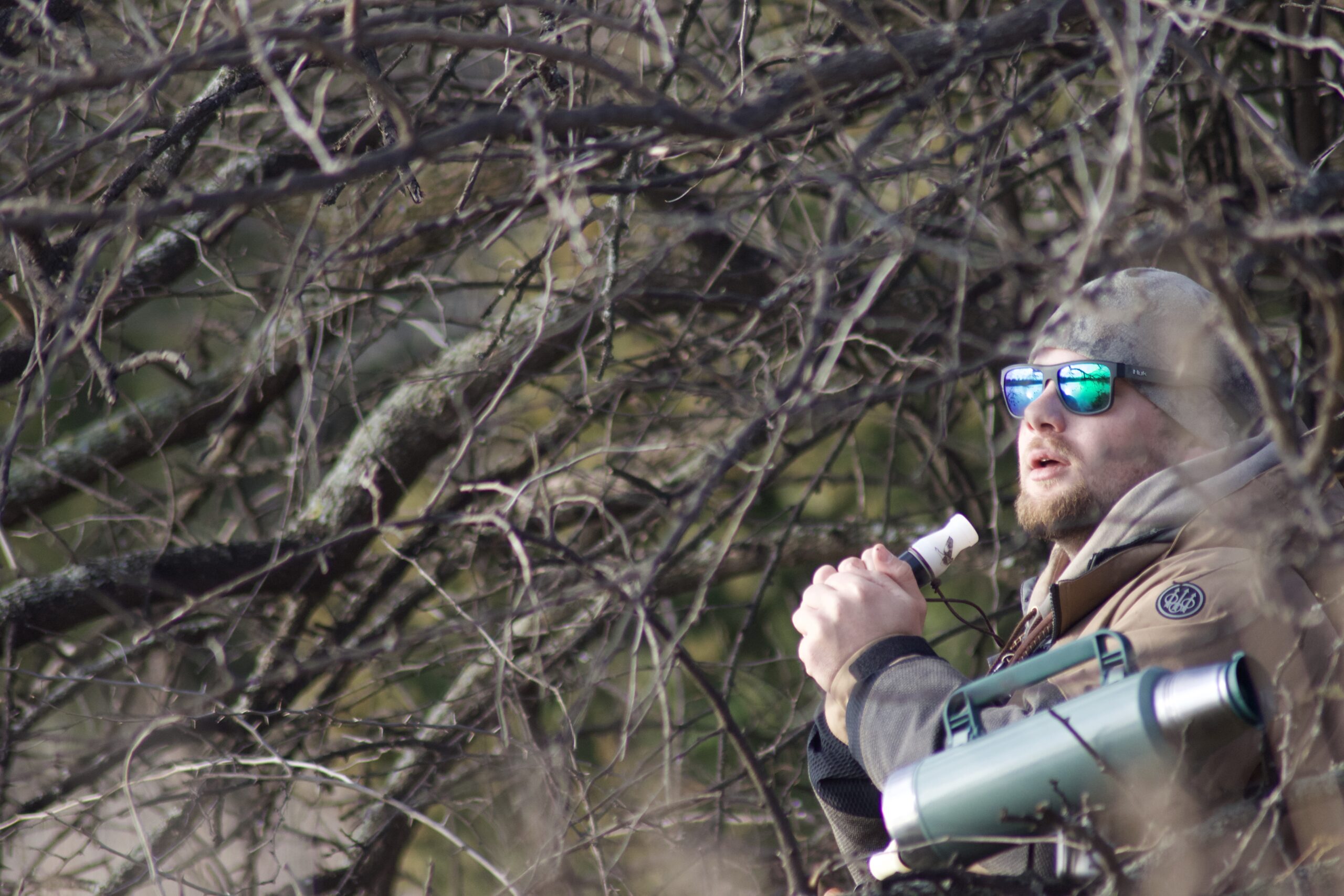
A few years ago, I was hunting Mississippi and a local hunter was lamenting how few mallards they had killed in recent years. “Only half limits some days, and shooting hens to get there,” he said.
As a hunter from Illinois, where the river is so silted in and polluted that it’s killed most of our duck habitat, I hardly felt bad for him. He was still shooting ducks in one of the most beautiful stretches of flooded oaks in the South. And the morning I hunted there; we could have all killed limits if he would have allowed us to shoot wood ducks—a big no-no for timber purists.
The mentality that only killing a few birds or having to shoot ducks other than mallards is a “bad day” must change. Duck hunters have to be satisfied with shooting a duck or two some mornings. And realize that getting skunked is just part of duck hunting, especially in areas that see a lot of pressure. I know that’s hard to stomach when you put in the time and effort of scouting public land. Or when you’re a private landowner, like my buddy in Mississippi, and have invested serious money in good duck habitat. But you need to adjust expectations if the duck hunting in your area is trending in the wrong direction.
Too many of us equate success with the number of birds on our strap and don’t celebrate the achievements of fellow hunters. Yes, we are competing with our neighbors for the best spots, whether that’s affording a lease on private land or racing the boat to the best duck hole in a public marsh. That competition will never subside, but you also can’t be pissed off when someone legitimately beats you to it and shoots ducks. Sure, it’s disappointing, but remember that on public land, how good or bad duck habitat is isn’t in your control. So if all the top blinds or stakes get taken, you just have to make do, which is what most of us who regularly hunt public land are doing every morning during the fall.
And if someone in your crew is getting hotheaded just be the voice of reason. We’re all out there to have fun. Getting in a cussing match or a fistfight at the boat ramp isn’t going to make your hunting better.
All duck hunters can help change the narrative, but the professional outdoor media needs to lead the way. There’s so much more to duck hunting than kill shots, so let’s see more stories and films that capture the full experience. The good news is, there are a handful of content creators doing this already.
“With Hunt41, I wanted to show all sides of duck hunting,” says Potter who co-owns Cana Outdoors and has helped build the waterfowl platform Hunt41, which documents the chase for all 41 species of North American waterfowl. “We show the success, the failure, hunting public land, hunting private land. And I hope that people see that duck hunters, no matter where they are from, are pretty much the same. We all want to shoot ducks and have fun doing it.”
I personally love to see people around me killing birds, regardless of where I am hunting. Watching two high-school kids trick honkers to fly just low enough over a public levee with good calling a few seasons ago was awesome. Seeing a group of buddies shoot four teal and send four different Labs to pick up each blue-wing so they all get a retrieve was equally as satisfying. And hearing a dad and his son break down the one hen mallard that was circling all the public stakes in the marsh with awful calling…I take joy in that, and you should too.
“I’ve been able to travel a lot of places to hunt ducks and have seen that we are all pretty much the same,” Potter says. “But I also know that there’s definitely a disconnect between duck hunters. If we all stood back and looked at U.S. waterfowl as a whole, we’d see that we are all pretty similar…We all have our great days, and we all struggle. If you think about that, it’s actually pretty refreshing.”


